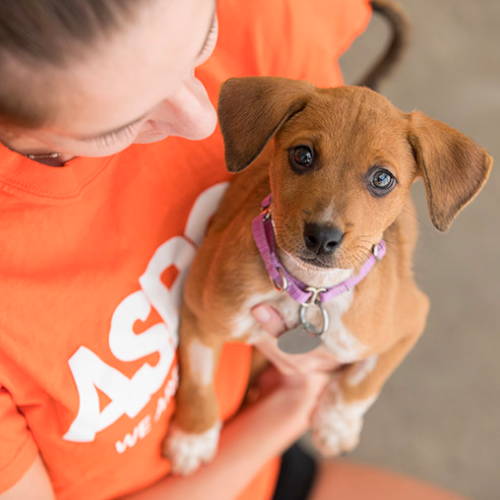Description
Grow a colorful mix of this standout "Barlow" columbine series from seed this season. Unlike most columbines, the "Barlow" series (Aquilegia vulgaris var. Stellata) lacks the signature "spur" behind its flower heads, but makes up for it with multiple layers of narrow, spiky petals... each of which have cupped sides resembling those of a canoe. Tightly-bundled stamens bear bright yellow anthers and protrude to or beyond the forward-pointing, most central petals. Barlow cultivars are the first columbine hybrids to bear multi-petaled, spurless flowers.
Barlow columbines are clumping, with multiple graceful, leafy stems. The leaves themselves have deep, rounded scallops and the upper stems branch to support multiple nodding blooms 3/4" to 1" wide.
What's more interesting than this columbine collection's rich green foliage and dramatic flowers? Its series namesake, for starters. Charles Darwin's remarkable granddaughter Lady Emma Nora Barlow (1885 –1989) was both a botanist and geneticist at Cambridge. She also curated and made notes on her grandfather's work, particularly his writings on plants.
Columbines are most often used as an edging, rock garden species, or border plant. We recommend planting the Aquilegia vulgaris var. Stellata mix among more typical columbines, or pairing them with other early-season bloomers such as phlox, alyssum, and ornamental allium species.
Our "Barlow" columbine mixture may vary according to available seeds, but you can expect the following colors:
- "Aline Fairweather": Delicate pink
- "Black": Very dark burgundy
- "Blue": Lilac
- "Bordeaux": As the name implies, a dark wine color
- "Miss M.I. Huish": Violet
- "Nora Barlow": The flagship Barlow columbine is a rich pink with white tipped (toward front) and green tipped rear petals
Cultivars that aren't typically included in this mixture:
- "Christa": Purple with white edges and tips
- "White": White; not usually included in this mixture
If you want more plants that attract butterflies, bees, and hummingbirds, but aren't nibbled by deer and rabbits, put columbines on your seed-shopping list. In spite of their general hardiness, Aquilegias can be susceptible to leaf miners, spider mites, aphids, caterpillars, and powdery mildew.
Long-stemmed "Barlow" columbines are excellent cut flowers and can last for up to two weeks in fresh floral arrangements. Immerse the stems in room temperature water as soon as you cut them; once in your kitchen, cut them again under running water before placing them in your desired containers. They hold up remarkably well as dried flowers.









